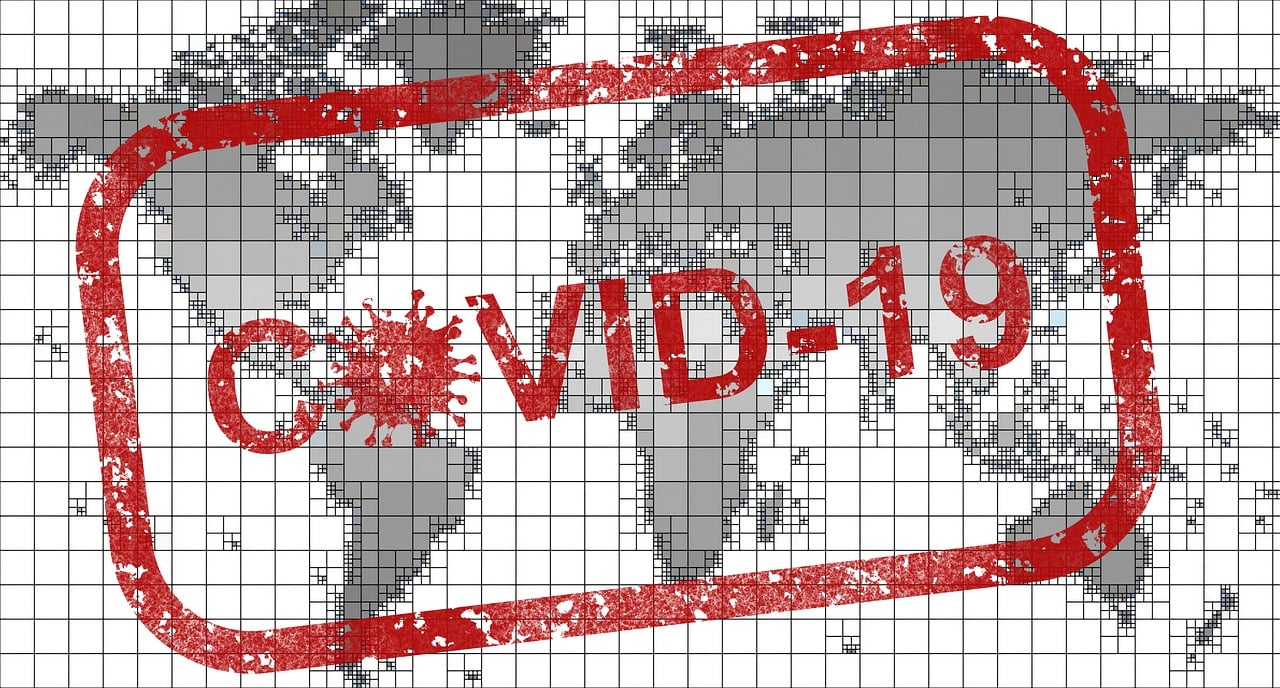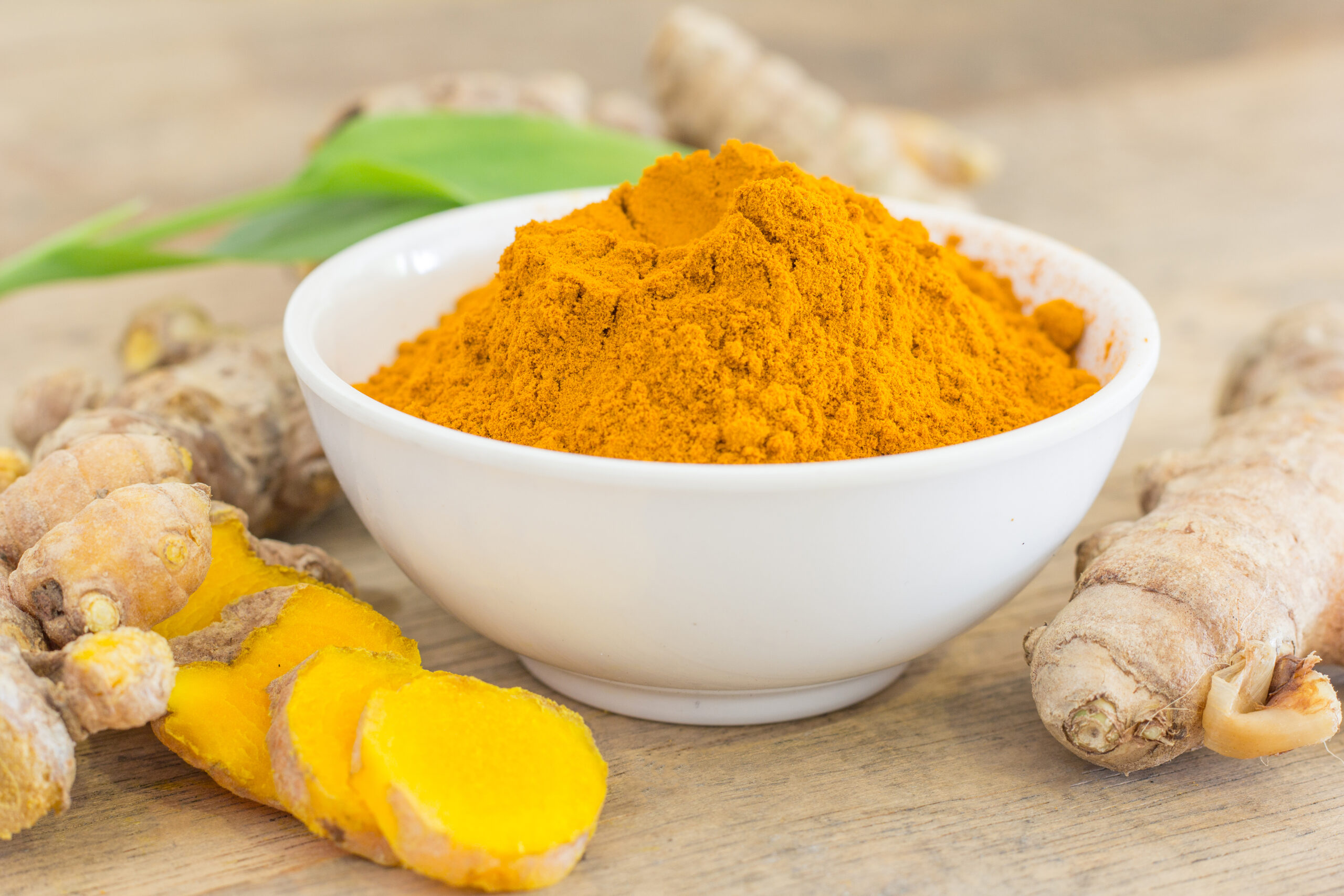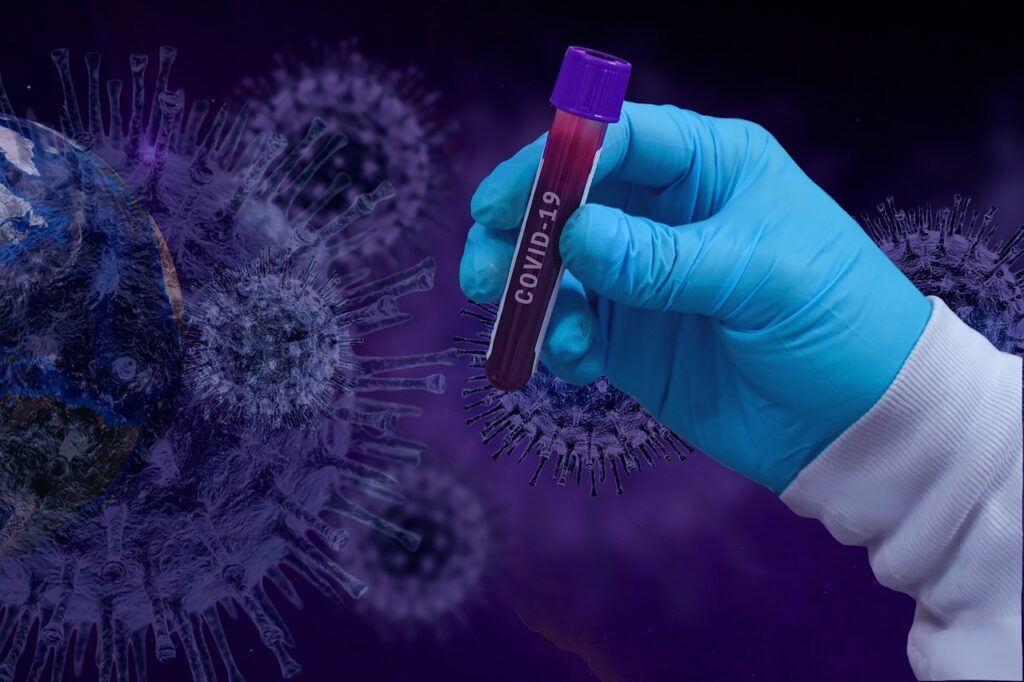
Coronavirus is a member of a viral family known as “Coronaviridae”. It is named “corona” because it has a crown-like or halo-shaped appearance around its structure.
The first case of coronavirus was found in December 2019 in the city of Wuhan, China. This virus then began to spread rapidly around the world, leading the WHO to declare it a pandemic.
Scientists believe that this virus possibly originated from bats and then spread to humans through another animal (possibly pangolins). It rapidly spread from the city of Wuhan to many other cities.
Types
There are several types of coronaviruses, including SARS-CoV and MERS-CoV. However, the most well-known is severe acute respiratory syndrome coronavirus 2 SARS-CoV-2, which causes COVID-19.
Transmission
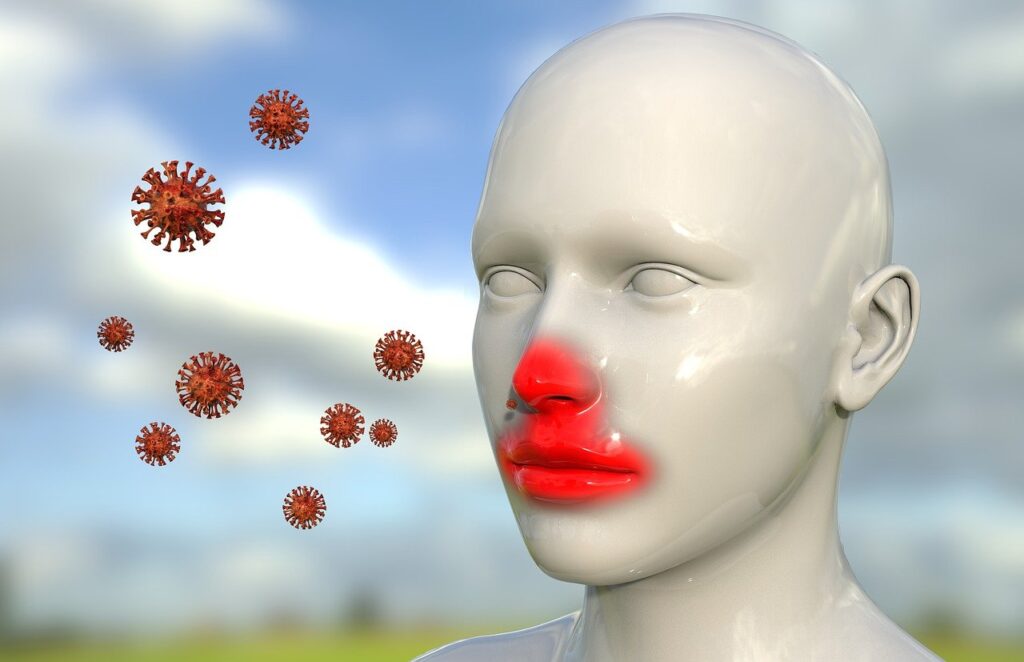
This virus mainly spreads when a person who is coronavirus positive comes into contact with others, causing them to show symptoms. Additionally, when an infected person coughs or sneezes, the virus can land on surfaces. If someone else touches those surfaces, they can also get the virus.
The symptoms include fever, cough, difficulty breathing, fatigue, and, in some cases, loss of taste and smell.
Prevention Measures
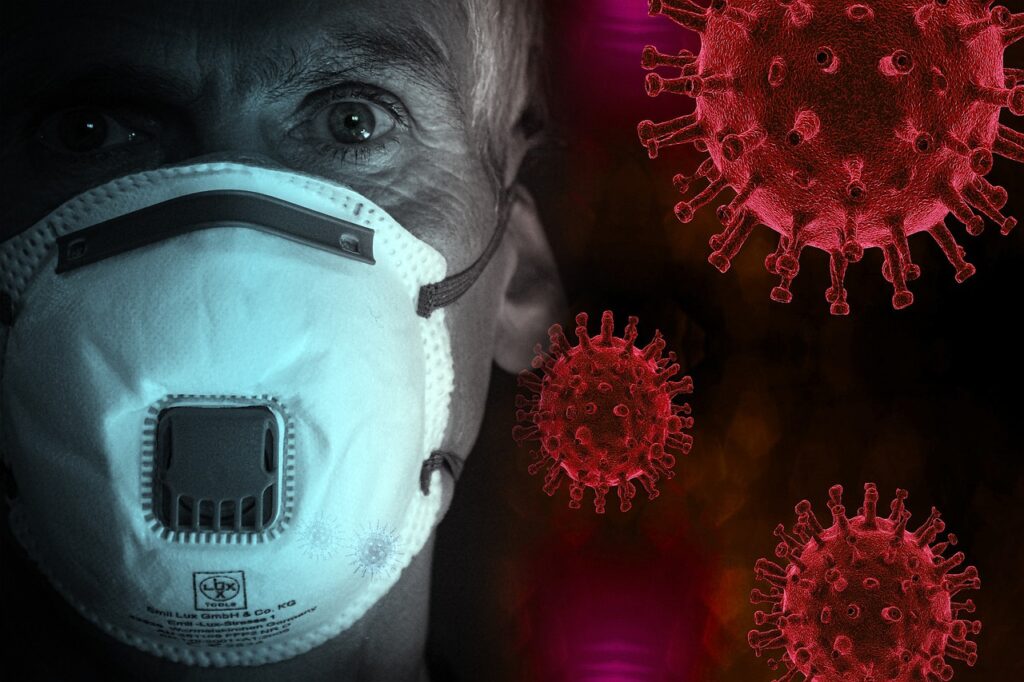
- Wearing a mask
- Maintaining social distance
- Washing hands with soap
- Using hand sanitizer
- Avoiding crowded places
- Maintaining cleanliness
- Getting vaccinated against COVID-19
- Health check-ups
- Healthy lifestyle
Impact of Coronavirus
- Impact on Health
COVID-19 required many infected individuals to be hospitalized. Additionally, many people lost their lives, and millions were affected by the virus.
- Economic Impact
This pandemic led to a lockdown, causing many businesses to shut down. Many people lost their jobs and faced difficulties in managing their household expenses.
- Mental Health
Due to COVID-19, a climate of fear and anxiety emerged, which negatively impacted people’s mental health.
- Social Impact

Due to this pandemic, social distancing became noticeable among people. Many began to stay at home, distancing themselves from friends and relatives. Some could not return home due to remote jobs, while others living abroad were also unable to come back to their country because of the lockdown. This created an atmosphere of fear worldwide.
- Impact on Education
Due to the coronavirus, schools and colleges were closed. As a result, students had to join online classes, but not all children had access to them due to network issues or lack of internet connectivity.
- Scientific Research
Scientists conducted extensive research to help people overcome the coronavirus, leading to the development of vaccines that were administered for free. These vaccines successfully improved public health and helped protect against the pandemic.
How COVID-19 Testing is Done
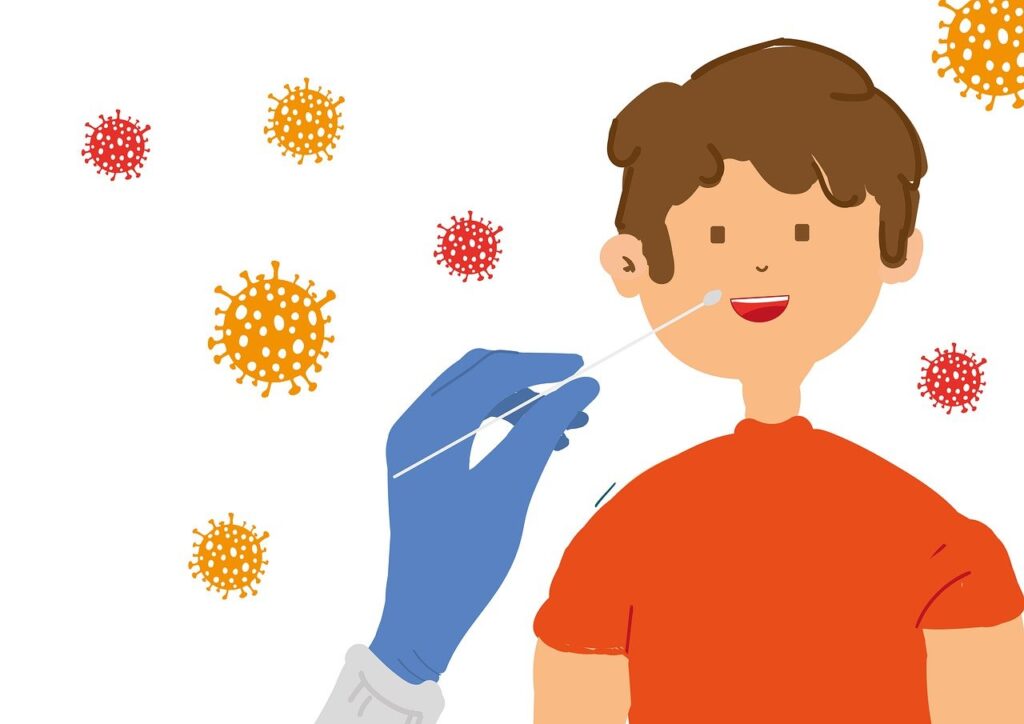
- RT-PCR Test: This is the most common and reliable test. A sample is collected from the nose or throat and sent to a laboratory for analysis.
- Antigen Test: This is a rapid test where a sample is also taken from the nose or throat. Results are obtained quickly, but it is less sensitive compared to RT-PCR.
- Antibody Test: This test indicates the presence of the immune response (antibodies) against COVID-19 in your body. It is usually done using a blood sample.
COVID-19 Vaccination in India
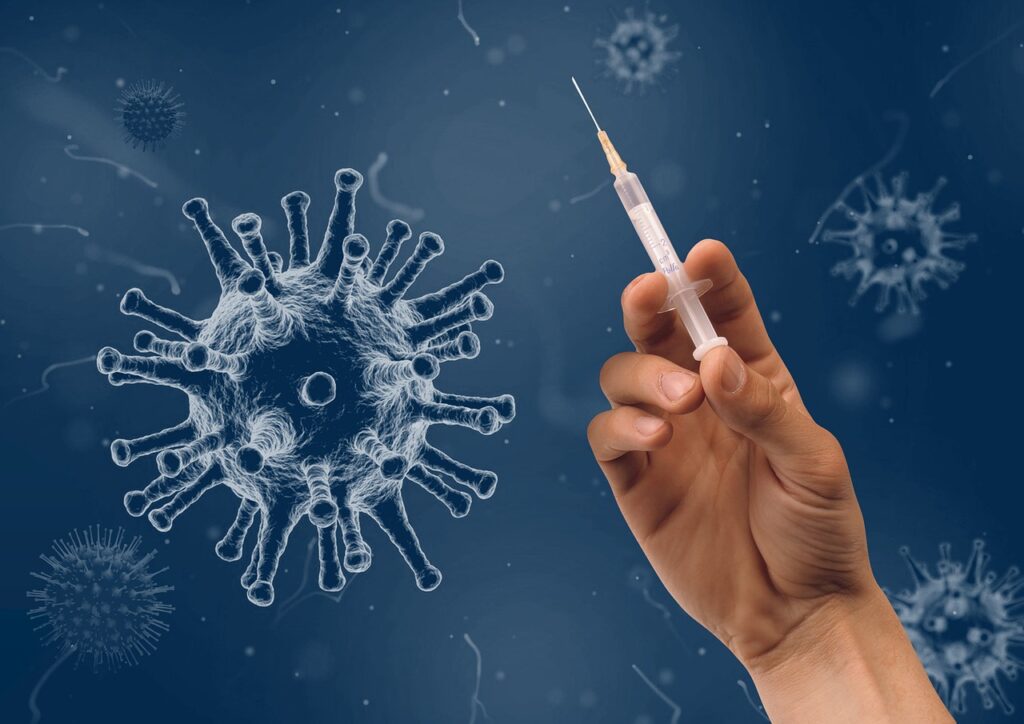
- Covishield: This is the AstraZeneca vaccine, produced by the Serum Institute of India in Pune.
- Covaxin: This is an inactivated virus vaccine developed by the Indian company Bharat Biotech.
- Sputnik V: This is a Russian vaccine, introduced in India by Dr. Reddy’s Laboratories.
- ZyCoV-D: This is a DNA plasmid vaccine developed by Zydus Cadila, administered in three doses.
- Corbevax: This is a protein subunit vaccine developed by Biological E.
These vaccines are being used in India’s vaccination campaign against COVID-19.
Global and India COVID-19 Statistics
Global Statistics (as of 2023)
- Total Cases: Approximately 680 million
- Total Deaths: Around 6.9 million
- Total Recoveries: Over 650 million
India Statistics (as of 2023)
- Total Cases: Approximately 44 million
- Total Deaths: Around 530,000
- Total Recoveries: Over 43 million
Note: These numbers are constantly changing as new data comes in.
FAQ’s
Question: Does coronavirus spread through eating meat?
Scientists say that COVID-19 is not the last pandemic; similar pandemics may occur in the future because 90% of meat comes from factory farms. Animals are kept in close quarters in these farms, increasing the risk of virus transmission.
Question: Is COVID making a comeback in India? What does WHO say?
According to a report from the World Health Organization (WHO), there were two COVID-related deaths in India between June and July. During the past two months, 908 new COVID cases were recorded in India. While there was a 30 percent increase in new cases during this period, worldwide deaths rose by 26 percent.
Question: What is the new virus in India in 2024?
Recently, In the districts of Sabarkantha and Aravalli in Gujarat has seen a resurgence of this virus. This virus affects children aged 9 months to 14 years. Children affected by this virus are losing their lives between 48 to 72 hours after infection. The Chandipura virus has been observed mainly in a few states like Maharashtra, Andhra Pradesh, and Gujarat.
Question: Home Remedies to Prevent Coronavirus?
Drinking warm water with lemon can help boost the immune system. Inhaling steam from warm water is also beneficial. Additionally, consuming a herbal decoction (kadha) made by boiling water with ginger, licorice, honey, cinnamon, salt, and tulsi leaves can provide relief from cough and help clear the throat, while also strengthening the immune system.

